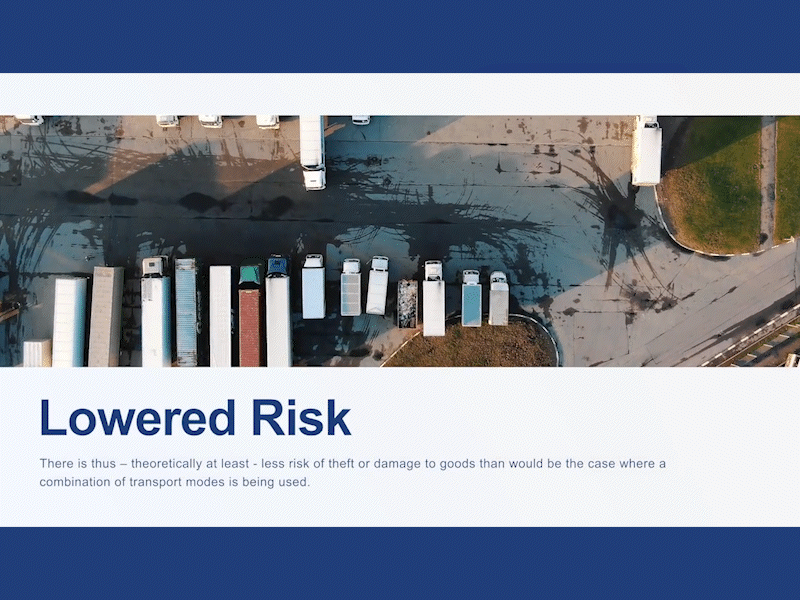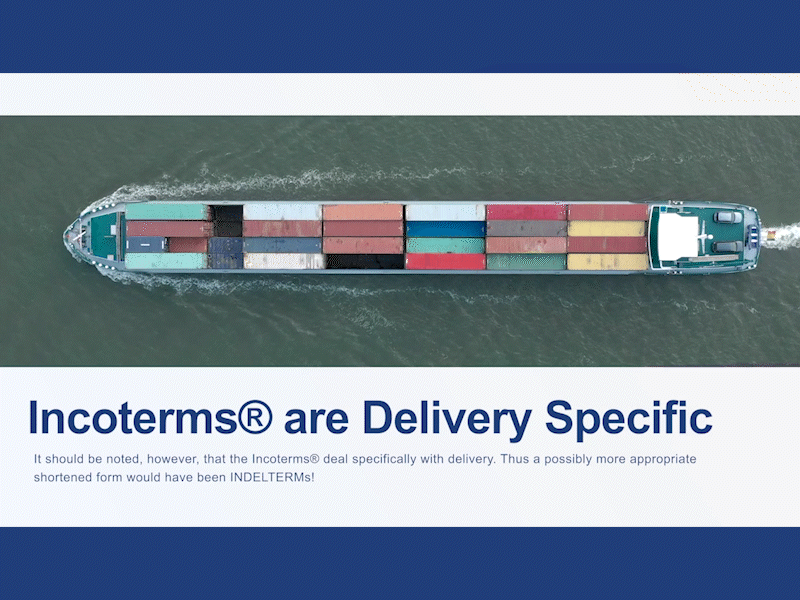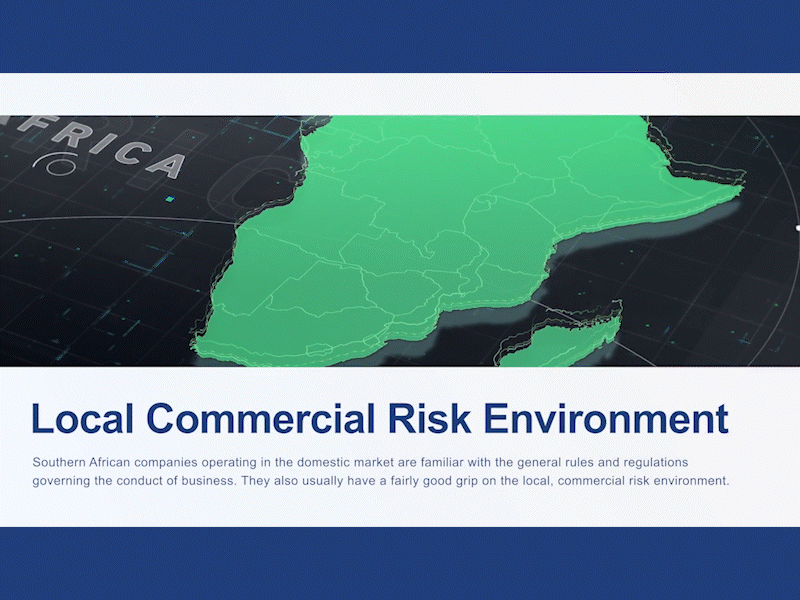As we discussed in our Export credit insurance vs Cargo insurance article, export credit insurance is a branch of insurance which offers protection to exporters against the risk of non-payment by a foreign buyer in exchange for the payment of a premium. In this article, we elaborate on the details of export credit insurance.

Who are the Parties to an Export Credit Insurance Contract?
The parties to an export credit insurance contract are the insured and the credit insurer. The insured is an individual or company which acquires insurance cover or protection against the risk of non-payment for goods or services exported to a foreign destination. A credit insurer is a company which provides export credit insurance cover against the risk of non-payment by a foreign buyer.
How does it Work?
The insured, i.e., the exporter, pays regular premiums to the credit insurer in exchange for protection against the risk of non-payment by their foreign buyer. For example, suppose the insured does not receive payment from their foreign buyer due to an insured risk. In that case, the credit insurer will provide financial compensation to the insured from a collective premium pool.
What is an Insured Risk in Export Credit Insurance?
An insured risk is essentially the circumstances under which the credit insurer will provide financial compensation. It covers two main categories of risk: political risk and commercial risk.
Political Risk
The political risks covered by export credit insurance include laws, wars, strikes, boycotts or sanctions, political upheavals, and foreign exchange shortages. Export credit insurance covers political risks that either obstruct the importation of goods into the buyer’s country, resulting in non-payment, or prevent the transfer of payment from the buyer’s country to the exporter’s country.
Commercial Risk
Commercial risks covered are insolvency of the buyer, protracted default, and repudiation. Protracted default refers to the failure of the buyer to pay for goods or services within six months of the due date. Repudiation refers to the unwarranted failure or refusal of the buyer to take delivery of the goods.

Your ability to manage financial risk and maximise opportunities heavily influences your international success. However, very few exporters know the full extent of the danger they face in the global market. Identifying and mitigating international financial risk can be a complex task. Thankfully, Trade Forward Southern Africa, in collaboration with the International Trade Institute of Southern Africa, has created a free and comprehensive online training course on various aspects of global trade, including identifying and mitigating international financial risk. In addition, modules provided include training on international finance, foreign exchange rates, Letters of Credit, international payment methods and Incoterms®. Click the links below to sign up for free and get started.
To sign up to the School of Export CLICK HERE.
If you already have a profile, CLICK HERE to login to begin the module.










Leave a Reply